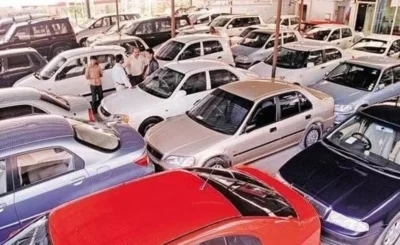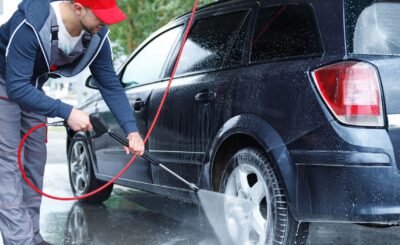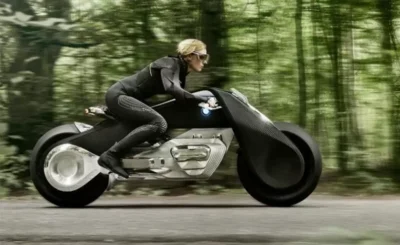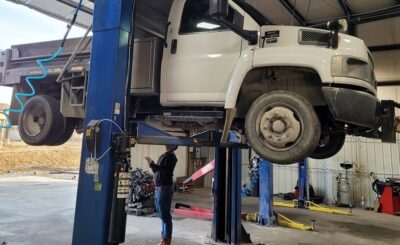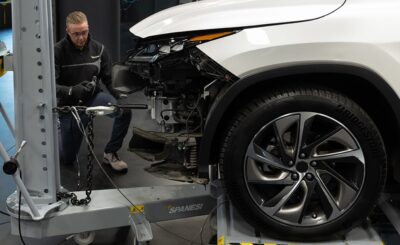Everyone has waited at a traffic light, praying their car doesn’t make that irritating high-pitched scream again. A squealing sound can be irritating and stressful and it can happen when you start your car, turn the wheel or press the pedal. Identifying the noise’s source is essential to keep your car safe and functional.
Engine start up squeals
If your car screeches when you turn the key it’s probably because the accessory belts are worn out or loose. These belts lose their grip over time and squeak when the engine starts because they are stretched or cracked. Low engine oil or problems with the water pump, power steering pump or drive systems are some other things that could be causing it.
Squeals during turns
When you turn the steering wheel, the power steering system is usually to blame for a loud squeal. The problem is generally caused by low power steering fluid but it could also be an old belt, a broken steering pump or dry steering column joints. Ignoring this sign could make it hard to steer; so, moving quickly is essential.
Squeals during acceleration
When you speed up your car may squeal due to worn accessory belts, generator bearings or idler pulleys. The serpentine belt may sometimes slip because it is worn out or not properly tensioned. These parts are put under a lot of stress every day; so regular checks can find problems before they get worse.
Squeals During Braking
Squeals from the brakes are often a red sign. That alarming sound can come from worn brake pads, glazed rotors or caliper sliders that won’t move. You should never ignore squeaky brakes because they could make your car less safe and less able to stop.
Squeals in reverse
If you hear a squeal when you back up, the problem could be with your transmission or differential. It could be because of worn bearings or broken gears. Also noises could be made when going backward if the exhaust parts are loose or the CV joints are dry.
Squeals That Go Away and Back
It’s hard to have squeals that come and go. They can happen when a belt slips and then catches, when a brake part suddenly sticks, or when bearings squeal when cold but stop when they warm up.
Conclusion
Some squeals are easy to fix like adding more fluids or belts, while others might need to be looked at by a professional. You can save money and keep your car running well by keeping up with regular maintenance and fixing any strange noises right away. If you’re not sure what to do, trust a professional in auto repair in New Castle, PA to stop the squeal and give you comforts again.



